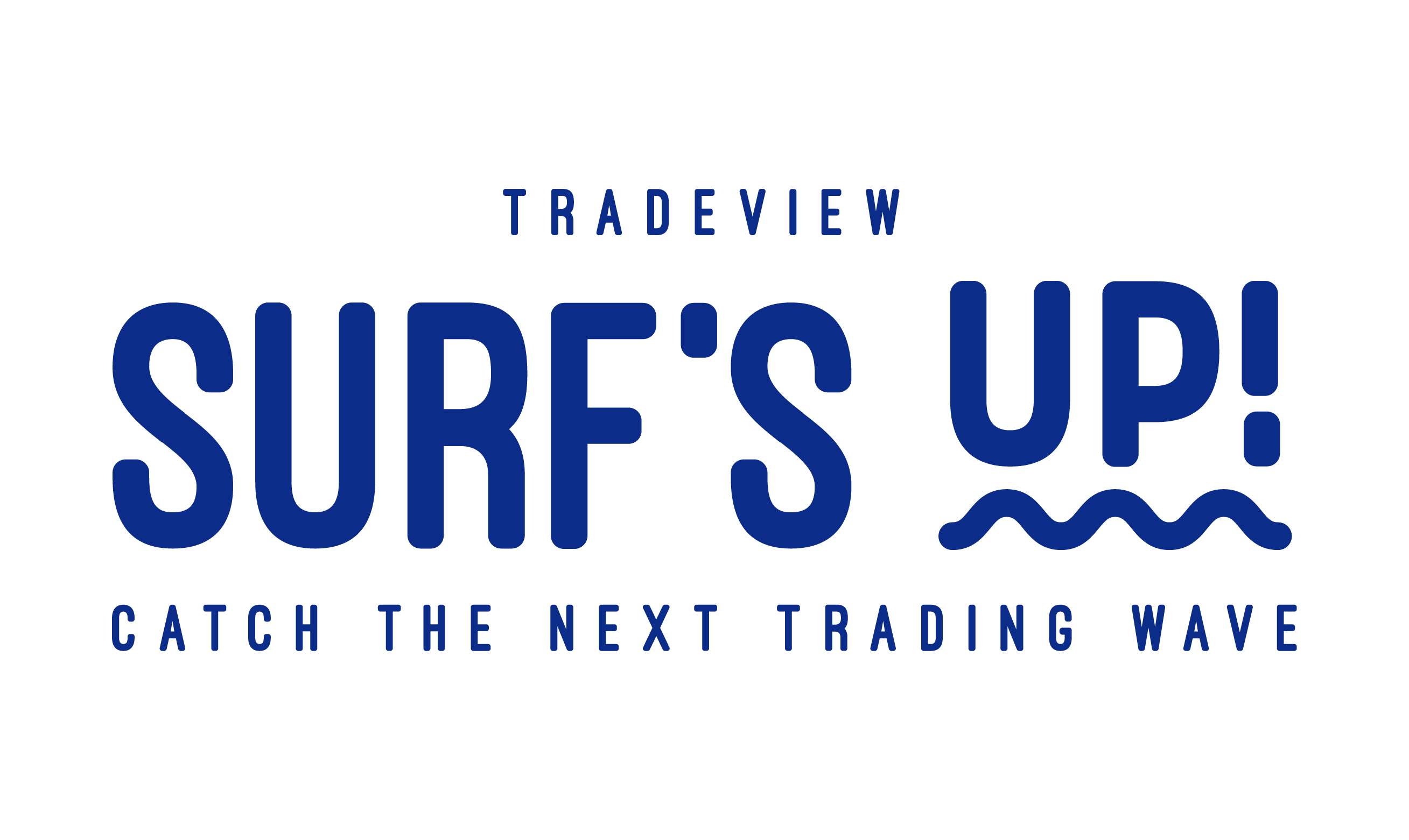As economies move through economic cycles, it is almost axiomatic that a financial crisis of some sort will erupt. A crisis can take many different forms, but generally speaking, the banking system will experience pressure at some point.In recent days, we have seen this occur in the United States with SVB and Signature Bank and …
Broker vs Bank

As economies move through economic cycles, it is almost axiomatic that a financial crisis of some sort will erupt. A crisis can take many different forms, but generally speaking, the banking system will experience pressure at some point.
In recent days, we have seen this occur in the United States with SVB and Signature Bank and the contagion spread to Europe with Credit Suisse. As central banks have rapidly raised rates to fight inflation, weaknesses within some banks have become readily apparent.
The unfortunate lesson for depositors is that savings held by a bank are actually the funding that allows a bank to provide loans and make other investments. When things go wrong, depositors discover they are characterized as unsecured creditors and are lumped into that pool with all other unsecured creditors.
If there is a bank failure, depositors are at best greatly inconvenienced and at worst suffer significant financial loss. The effects can be devastating; barring a limited amount of deposit insurance in some countries or subsequent Government Intervention following a bank failure, one’s life savings could be wiped out.

Contents
The Lack of Deposit Insurance Systems
In many countries, there is not a functioning deposit insurance system, or the limits are relatively low. Also, only the largest economies such as Europe and the United States can support a bailout of depositors.
In addition, there is a strong argument that if the failure is not going to affect the economy on the whole, there should be no intervention. Of course, this is cold comfort if your savings held in a small bank have been wiped out.
However, there are a number of actions that one can take to insulate savings from banking risk. One of the easiest is to transfer any savings that will not be needed in the short-term into a brokerage account.
This has a few key advantages as brokerage accounts, such as those provided by Tradeview Markets, are viewed as being safer than most bank accounts for the following reasons:
- Diversification:
- A broker will hold assets including cash funds across a number of banks, custodians, and other counter-parties. This provides a benefit of diversification that is difficult or impossible for a single individual to achieve.
Further, a substantial percentage of Tradeview’s cash holdings are on deposit with top-tier banks in the United States. Deposits held at such banks in the United States have now been effectively guaranteed by the U.S. Government. This is a real benefit for anyone who is unable to directly access the U.S. banking system. - Unlike the assets of the average bank depositor, the assets a broker holds by being spread across a number of locations are insulated from a single failure.
- A broker will hold assets including cash funds across a number of banks, custodians, and other counter-parties. This provides a benefit of diversification that is difficult or impossible for a single individual to achieve.
- Active Risk Management: At Tradeview Markets, a full-time treasury and risk management team monitors counterparty risk and are able to dynamically adjust where assets are held should signs of trouble emerge at any counterparty.
- Assets held on trust: The assets held on your behalf in a brokerage account are segregated from the assets of the broker. Your cash is used for your investment and trading, and are not used as funding to provide mortgages and other loans.
In the event of a failure, your assets are placed into a central segregated pool. Barring any fraudulent actions by the bank where the segregated account is held, your assets can be distributed on a pro-rata basis with other similarly situated clients of the brokerage firm. - Greater liquidity: As was just seen with SVB, banks are exposed to a liquidity mis-match. That is, the funds they hold can be requested back on demand, but the loans and other investments the bank holds are much longer term.
This means that in the event of a bank run, where many depositors ask for their money back at the same time, the bank is unable access enough of their assets to repay depositors on time.
With a broker such as Tradeview, the assets are mostly held in liquid, on-demand cash, and very short-term risk-free Government Treasury Bills. The assets that are not cash are client holdings related to exchange traded products that have instant liquidity during market hours.
Trade with a World-Class Regulated Broker
Tradeview Markets has been in business since 2004 and has established a reputation as a trusted, regulated broker in leading jurisdictions such as the Cayman Islands, Labuan and Malta. We take great pride in providing some of the best trading conditions in the business, along with completely transparent quality execution.
Open a demo account today to discover why Tradeview Markets offers the best trading environment. If you’re ready to start trading, open a live account and gain access to the industry’s most popular platforms. Our world-class support team is never more than a click away!






